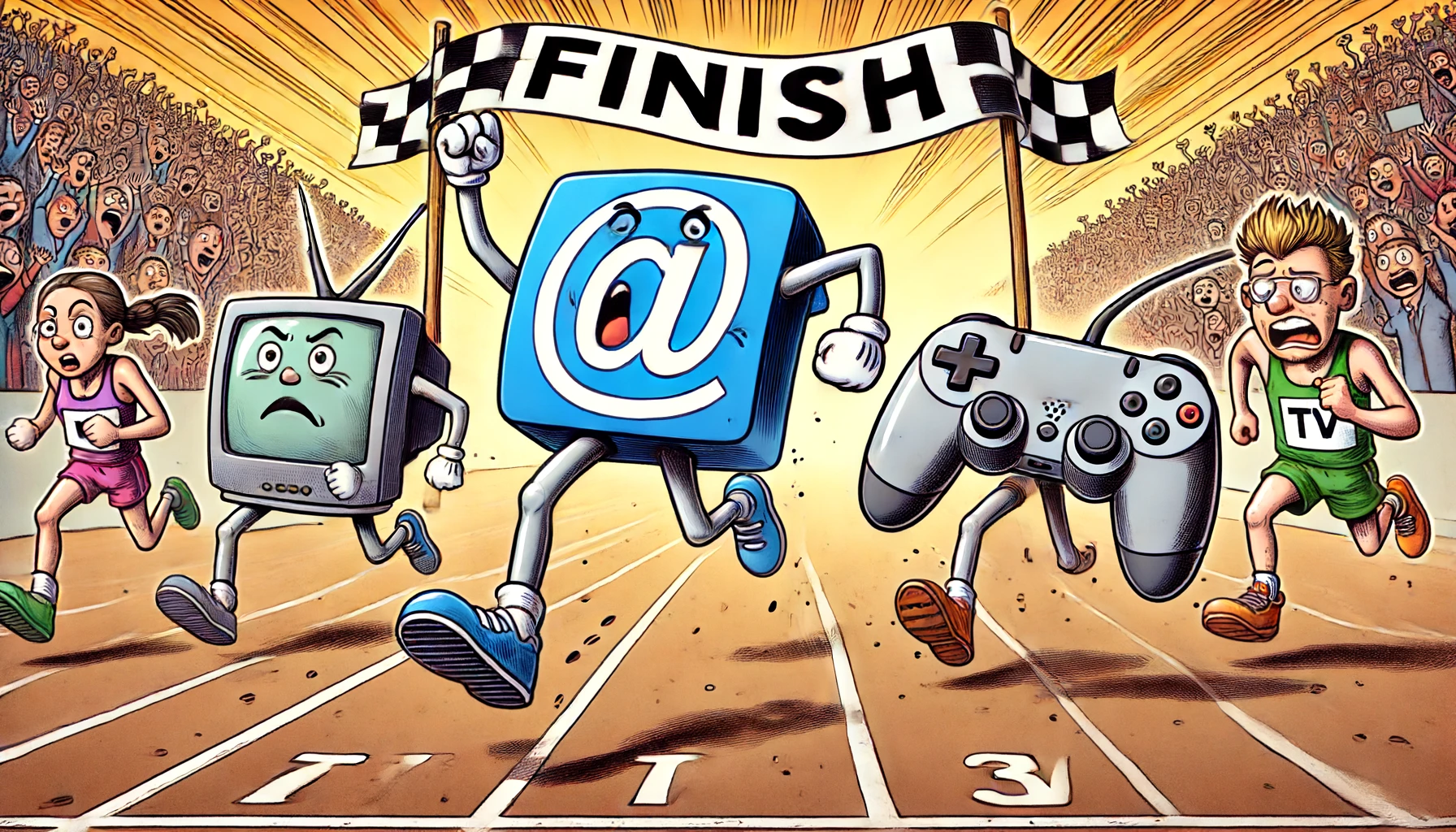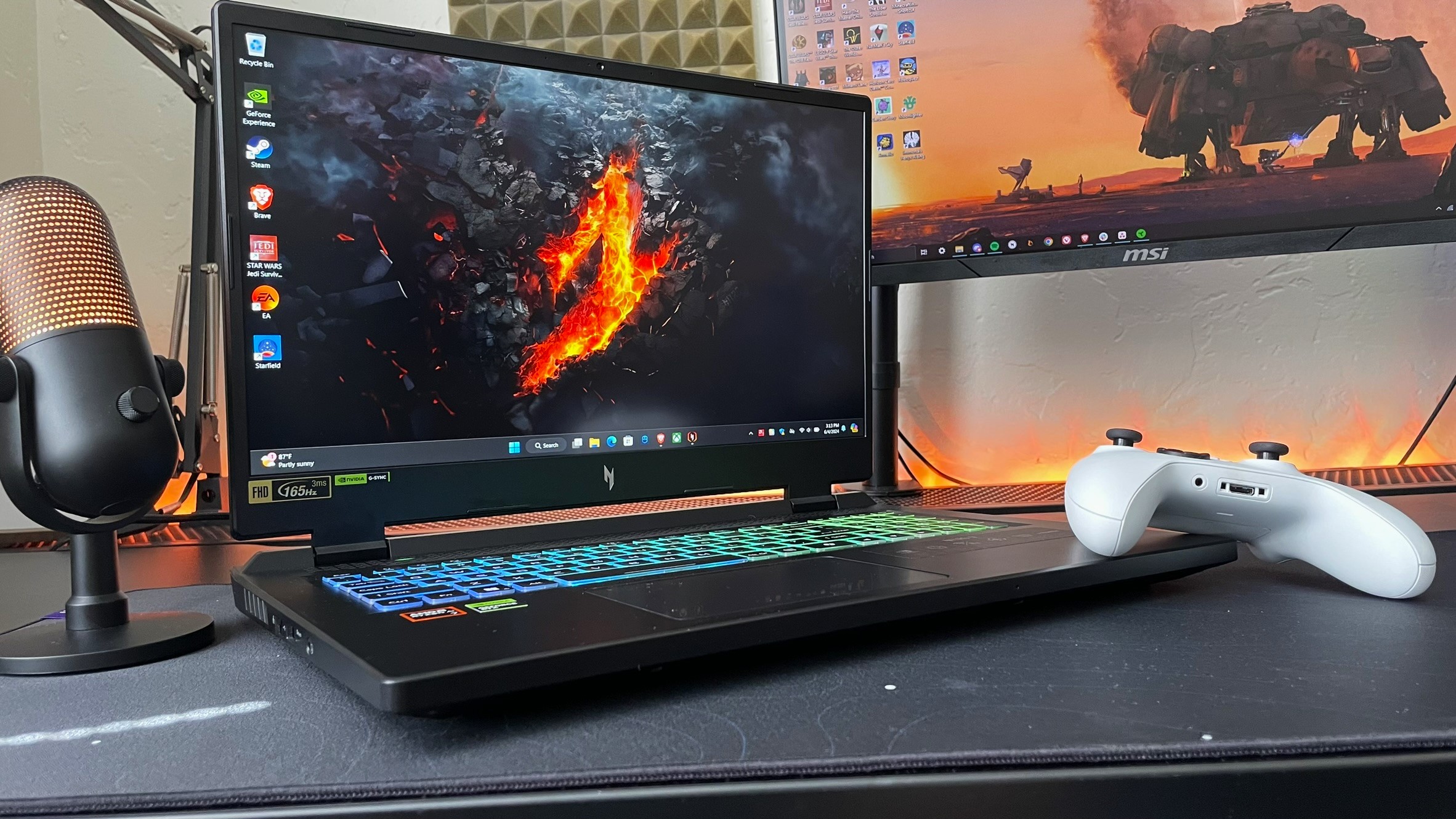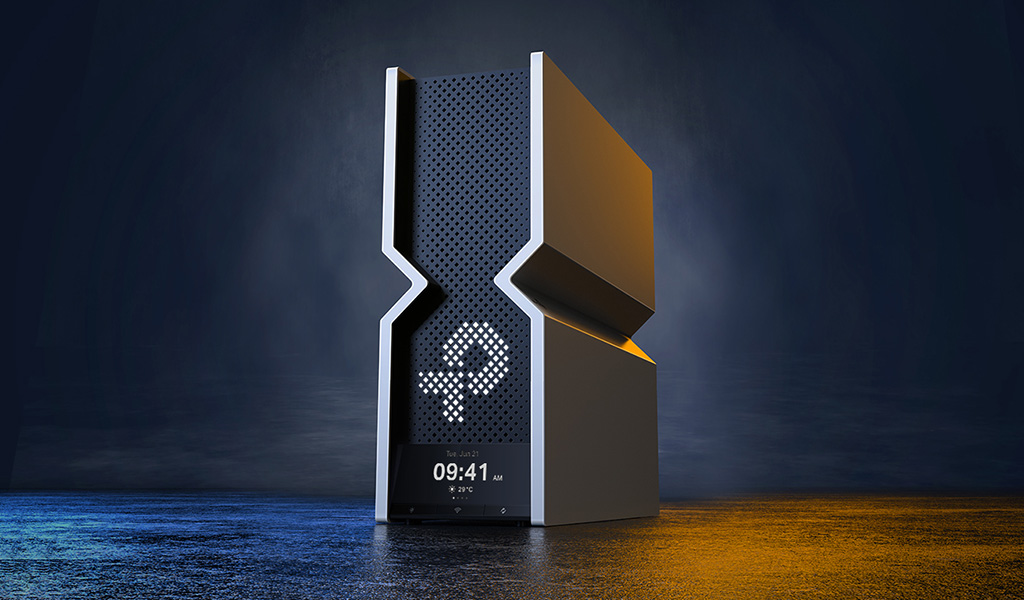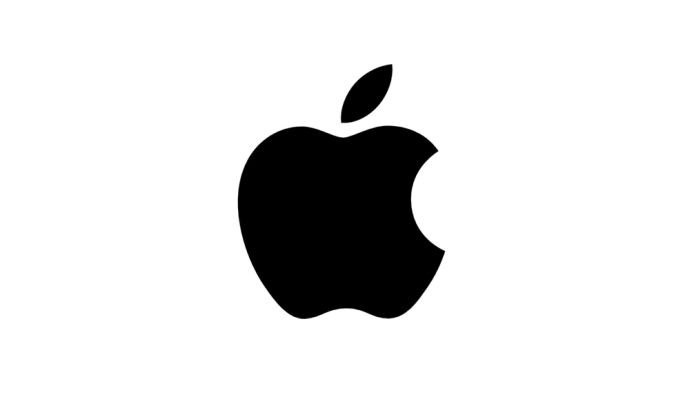How many MBPS do you need? 3 factors to consider before choosing an internet plan
Here's how to determine how much (or how little) internet you should be paying for

Sign up to receive The Snapshot, a free special dispatch from Laptop Mag, in your inbox.
You are now subscribed
Your newsletter sign-up was successful
We're using the internet more than ever before, but does that mean everyone needs the most expensive, fastest internet plan available? Probably not.
With more internet-based streaming services, online multiplayer games, video meetings for remote work, and a plethora of smart devices that need wifi to function, the amount of Mbps required for the average home is likely higher than 25 Mbps, the amount the Federal Communications Commission (FCC) defines as "advanced service."
According to the FCC, Basic Service ranges between 3 Mbps and 8 Mbps, Medium Service ranges between 12 Mbps and 25 Mbps, and anything over 25 Mbps is Advanced Service. But in 2021, a group of four senators wrote a letter to the FCC to "update broadband program speed requirements to reflect existing and anticipated uses," advocating for a minimum speed of 100 Mbps.
100 Mbps is plenty for many households nationwide, but it's not perfect for every household. Consider these three factors before choosing an internet plan in your area.
3. Connection types available in your area
The most common types of internet connections available are DSL (Digital Subscriber Line), fiber, and cable. And each of these three internet connections has a different maximum speed.
According to Optimum, "DSL uses your local phone line to connect to the Internet and transfer data," similar to dial-up, but you're able to use the phone and internet at the same time.

More people across the country use a cable or fiber connection. Optimum explains that cable internet functions by connecting your modem via a coaxial cable. Your modem typically comes with wifi capabilities and Ethernet ports, which is how my desktop computer and PS5 are currently hooked up.
Sign up to receive The Snapshot, a free special dispatch from Laptop Mag, in your inbox.
Fiber, or fiber optic, the internet is another wired connection that "works through data being transmitted by light through the fiber optic rather than electricity." Fiber internet is by far the best and fastest option available, but it's unfortunately not available in all areas yet.
I live on the outskirts of Denver, a major city, and I still don't have access to fiber internet. But if you have the option between cable and fiber in your area, fiber is generally cheaper and offers faster speeds.
2. What people in your household use the internet for
You only need fast internet speeds if your tasks require fast internet speeds.
For example, the FCC says you only need about 1 Mbps for general browsing and emails and 5 - 8 Mbps for streaming high-definition (HD) video. If that's all you use your internet for when you get home from work, you don't need to pay extra for higher speeds.
But if you're streaming in Ultra HD 4K for hours, connecting to HD teleconferences, and playing online multiplayer games, paying for more than 100 Mbps might be worth it.
According to the FCC, these are the minimum download speeds needed for "adequate performance" for a few different activities:
- General Browsing and Email: 1 Mbps
- Telecommuting: 5 - 25 Mbps
- File downloading: 10 Mbps
- Social Media: 1 Mbps
- Streaming Standard Definition Video: 3 - 4 Mbps
- Streaming High Definition (HD) Video: 5 - 8 Mbps
- Streaming Ultra HD 4K Video: 25 Mbps
- Standard Personal Video Call: 1 Mbps
- HD Personal Video Call: 1.5 Mbps
- HD Video Teleconferencing: 6 Mbps
- Game Console Connecting to the Internet: 3 Mbps
- Online Multiplayer: 4 Mbps
Considering the FCC is likely outdated in its minimum requirement for household speed, calling 25 Mbps "Advanced Service," take these minimum recommendations for individual activities with a grain of salt.

The FCC even says on the same page, "Additional speed may enhance performance." So, if you're playing a competitive online multiplayer game, you might need more than the recommended minimum of 4 Mbps.
Plus, the speeds you're paying for aren't always the speeds you get. During peak times, you might only get 50 - 75% of the speeds you're paying for.
I'm paying $50 monthly for "up to 400 Mbps" download speeds and "up to 10 Mbps" upload speeds. That clever "up to" language can be incredibly misleading when signing up for an internet plan. A quick speed test showed I'm currently getting 208 Mbps download and 20 Mbps upload.
So, as someone who plays online games, streams in 4K, peruses social media, browses the web, answers emails, streams music, and works remotely, I probably need a minimum of 50 Mbps. If I were living alone, I'd likely want to get 100 Mbps for a lag-free, smooth connection while streaming and gaming, so I'd pay for up to 200 Mbps.
If you don't want to do the math, check out this neat tool from Consumer Reports that lets you estimate the speeds you need based on how you use your internet.
1. The number of devices using the internet
As mentioned above, if I were living by myself, I'd probably be paying for up to 200 Mbps download based on how I use my internet. But because I'm living with my husband, who requires about the same amount of internet I do for similar tasks, that amount gets doubled, so I'm paying $50 for up to 400 Mbps.

The handy internet speed calculator from Consumer Reports allows you to add multiple devices, making it easy to estimate how much speed you need for your entire household.
If there's ever a chance that you and the three other members of your household would be playing online games simultaneously, account for that.
While it's not a brilliant idea to pay for the top plan from a local ISP if you don't need it, it could be worth going up a tier so you don't experience pesky buffering while you're trying to watch a movie during dinner or play an online game with your kids.
If you frequently don't reach the speeds you're paying for, your wifi router might be slowing you down. The router that comes from your ISP often isn't the best, so paying a small fee to upgrade your router could be worth it for a smoother, faster connection.

Sarah Chaney is a freelance tech writer with five years of experience across multiple outlets, including Mashable, How-To Geek, MakeUseOf, Tom’s Guide, and of course, Laptop Mag. She loves reviewing the latest gadgets, from inventive robot vacuums to new laptops, wearables, and anything PC-related. When she's not writing, she's probably playing a video game, exploring the outdoors, or listening to her current favorite song or album on repeat.









